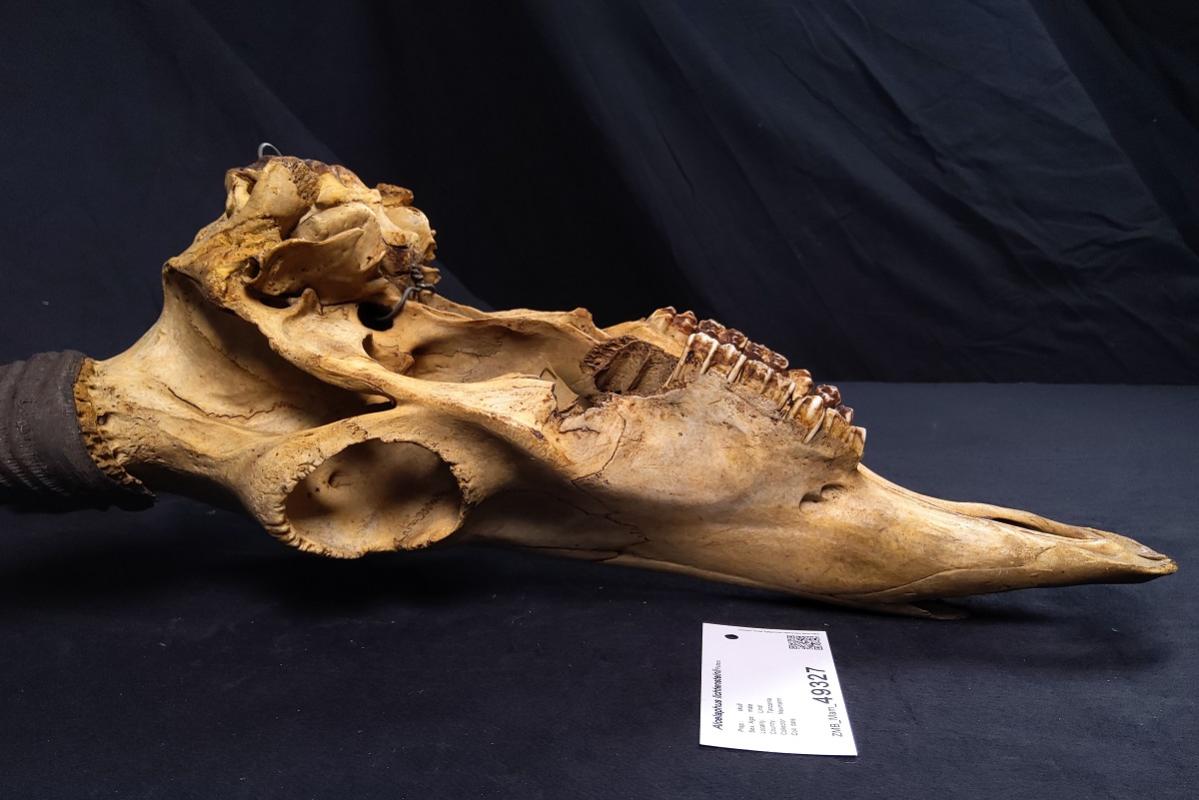The Museum für Naturkunde Berlin publishes 300 objects from colonial contexts in the Data Portal. The Data Portal provides free and open access to the collection as well as to archival and library materials. It is our contribution to the development of a global scientific infrastructure that can be used by many people – addressing diverse perspectives and questions.
We are fully aware that natural history collections are intertwined with political, cultural and economic power structures of the past and present and the related discourses. Therefore, specimens and historical records may be culturally sensitive and labels or inventories might include offensive language. More detailed information can be found in the disclaimer. We encourage and welcome exchange to confirm, comment on or clarify information found in the data portal. We seek to work with scientists and interested audiences worldwide in order to promote a greater understanding of our holdings as a global knowledge resource.
At the Museum für Naturkunde Berlin, within the framework of the science programme Collection Future an intensive and critical examination of the history of the institution and the collection is taking place. The current focus is on the collection items from colonial contexts.
Furthermore, together with 24 museums and universities nationwide the Museum für Naturkunde Berlin is contributing to a central, publicly accessible data repository on museum and collection objects related to the colonial era. During the initial phase of the 3 Road Strategy, central access will initially be provided via the German Digital Library.
For the pilot phase we have selected specimens of African antelopes with colonial provenance. They are part of the mammal collection of the Museum für Naturkunde Berlin, which holds approximately 150.000 specimens. With a map tool, the MfN Data Portal allows searching for geographical information, providing an additional helpful approach for provenance research.
